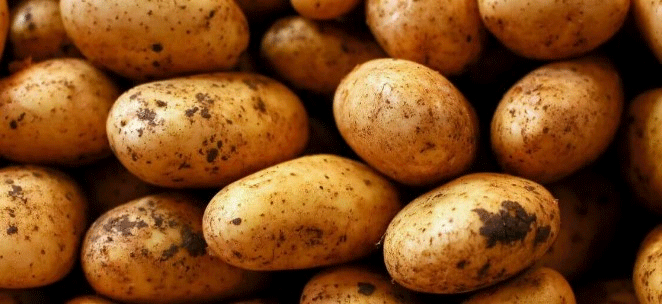India is seeking to expand agricultural exports to Russia, with a particular focus on potatoes. After negotiations with Rosselkhoznadzor, the Indian Ministry of Trade and Industry is ready to satisfy Russian requirements regarding production volumes, cultivation areas and quarantine measures.
India’s intention to expand agricultural exports to Russia marks a significant development in global agricultural trade. During recent negotiations between Rosselkhoznadzor and representatives of the Indian Ministry of Trade and Industry, both sides highlighted the potential benefits and challenges of expanding potato exports to Russia. The move is consistent with India’s broader strategy to increase its agricultural exports to the world, as well as Russia’s ongoing efforts to diversify its import sources.
Export potential of Indian agricultural products
India, with its vast agricultural landscape and favorable climatic conditions, is one of the leading potato producers in the world. According to the Food and Agriculture Organization (FAO), India produced about 50 million tonnes of potatoes in 2022, making it the world’s second largest potato producer after China. With such strong production capacity, India can meet the growing demand for potatoes in international markets, including Russia.
Russia’s import needs
Russia, a major consumer of potatoes, has strict import requirements to ensure the quality and safety of agricultural products. Rosselkhoznadzor stipulated that India must provide detailed information on planned export volumes, specific growing areas and measures to combat quarantine pests common in potato growing regions. These requirements are critical to preventing the introduction and spread of pests and diseases that could threaten the Russian agricultural sector.
Solving problems related to quarantine
One of the main problems of Rosselkhoznadzor is the presence of quarantine pests, such as potato cyst nematode (Globodera spp.) and late blight (Phytophthora infestans), which are common in many potato growing regions. India’s Ministry of Agriculture is actively implementing integrated pest management (IPM) strategies to mitigate these risks. For example, the use of resistant potato varieties, crop rotation and biological control agents are part of comprehensive measures taken to ensure the health and safety of potato exports.
Joint efforts and future prospects
Successfully expanding potato exports from India to Russia will require further cooperation between the two countries. Indian exporters must comply with phytosanitary standards set by Rosselkhoznadzor, and Russian authorities must ensure a smooth import process. In addition, advances in agricultural technologies and practices, such as precision farming and improved storage solutions, can further improve the quality and shelf life of exported potatoes.
Growing bilateral trade in agricultural products reflects the strengthening partnership between India and Russia. By addressing regulatory and phytosanitary issues, both countries can benefit from a mutually beneficial trade relationship. For Indian farmers and exporters, entering the Russian market offers a lucrative opportunity to increase their income and expand their global presence.







